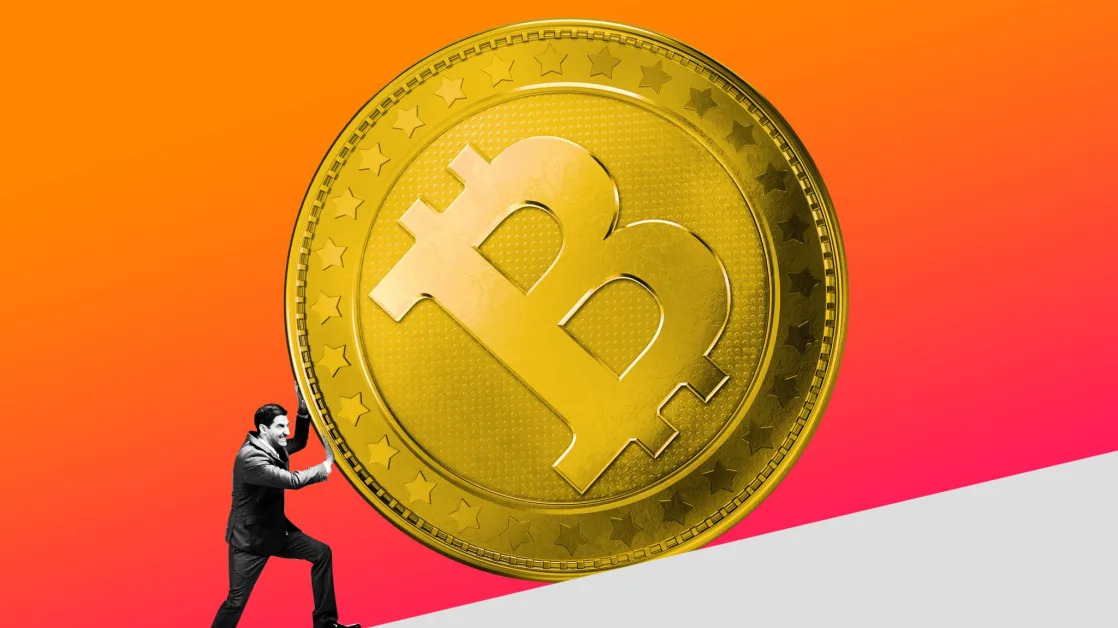(Bloomberg) -- Norinchukin Bank’s disastrous last fiscal year has had one silver lining for Japan’s $300 billion investing giant — it helped shield it from the turmoil unleashed by Donald Trump’s tariffs this month.
New Chief Executive Taro Kitabayashi said the bank finished selling off its unprofitable US Treasury holdings by the end of March, thus avoiding the volatility last week as Trump’s trade policies whipsawed markets. Through the end of December, the bank had unloaded ¥12.8 trillion of its holdings in US and European government bonds. The bank is not currently doing any large-scale buying or selling of sovereign debt, he said.
The bank expects to meet its target of between ¥30 billion and ¥70 billion ($210 million — $490 million) in profit for the year that started April 1 and will take its time on committing capital to fresh investments until there is more clarity, Kitabayashi said in an interview. Norinchukin has a mid-term plan of revamping its ¥45.2 trillion portfolio after a surge in US interest rates drove down the value of its foreign bond holdings last year.
“The one certain thing is that uncertainty will increase,” he said. “We are not in a situation where we need to rush into investment to make profit.”
The former chief financial officer took the top job at the bank at the beginning of this month after ex-CEO Kazuto Oku resigned to take responsibility for last year’s losses — which it expects to have reached roughly ¥1.9 trillion — stemming from its failed investment strategy. Kitabayashi has worked at the bank since 1994.
Kitabayashi’s priority is to shift the bank’s holdings away from a heavy reliance on Treasuries and other sovereign bonds. He listed a wide range of other investment assets, including corporate bonds, equity indexes and securitized products, as well as infrastructure finance to fund renewable projects and data centers. A more diverse portfolio will help mitigate the kind of adverse conditions currently roiling markets. The bank still held about 23.1 trillion yen in bonds as of the end of December.
Norinchukin holds about ¥8.2 trillion worth of collateralized loan obligations, an area where the firm’s prominence as one of the world’s biggest buyers of the securities had earned it the moniker of the CLO whale. Kitabayashi said while they remain one of the bank’s most important investment assets, it does not plan to aggressively increase them.
“Diversification is important to deal with the heightened instability that’s followed the inauguration of the Trump administration,” he said. “Whatever happens, some parts may be negatively affected but other parts will have positive impacts.”
The unlisted bank is owned by Japan’s roughly 3,200 agricultural cooperatives, which provide it with both capital and deposits. They also depend on returns from the bank because of limited lending opportunities in the countryside. Consequentially, Norinchukin’s loans account for far less of its assets than Japan’s main commercial banks.
As the bank remakes its portfolio, hiring talent, including seasoned risk managers will be critical, Kitabayashi said. Norinchukin’s market portfolio has shrunk by about ¥15 trillion since March 2022.
“We will actively recruit people who can take on the challenge of portfolio diversification and boosting earnings,” he said.
In so doing, he wants to avoid repeating the debacle that saddled the bank with last year’s losses. It borrowed dollars on a short-term basis to finance long-term bond investment. The post-pandemic rate-hike drive by the US Federal Reserve caught Norinchukin off guard, as a surge in dollar funding costs outweighed returns from bonds bought when yields were low. With prices falling sharply, the bank had to sell bonds at a steep loss.
At the time of investment, buying these highly liquid assets in a low-interest rate environment was “a very rational decision and an efficient way to make money,” Kitabayashi said. “But it was actually a big trap.”





